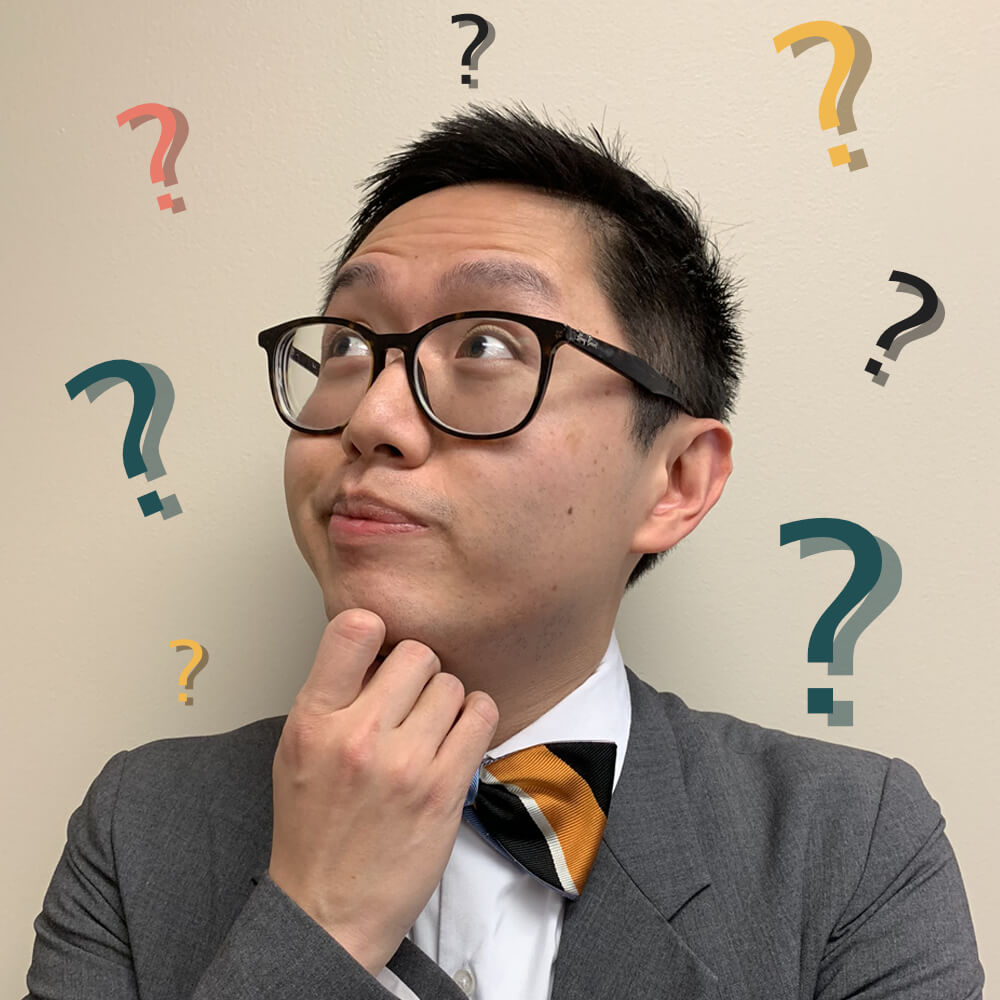
“Everything happens for a reason.” You may have heard that from time to time. You may not have given it a second thought. Maybe you truly believe that “everything happens for a reason”. Maybe you believe that it’s just a cute phrase without much meaning.
Behavioral psychology may be inclined to say that “everything happens for a reason” is simply a form of a cognitive bias such as confirmation bias, recall bias, or others. In other words, you’re re-shaping your interpretation of past events to fit your current observations or sense of meaning. Thus, everything in the past happened for a specific reason in the present.
Religion would probably be inclined to say that “everything happens for a reason” is an element of a divine plan. That there is a higher power and all things happen with a specific purpose and a specific will of this divine power. Luckily this divine power loves us so we’re in luck. Things will go as planned because “everything happens for a reason.”
The tension between the psychological and the religious interpretation of this phrase is the question of personal responsibility and culpability. If everything happens for a reason, do I have a choice over my destiny? If that’s just a silly phrase, then the world is filled with random events so what should I do with such uncertainty?
The phrase “everything happens for a reason” is a plea for meaning. But notice how such a plea is only relevant when it comes to adverse events. No one questions the “reason” for a beautiful day, a good cup of coffee, or a fun movie. The phrase “everything happens for a reason” typically refers to adverse events, searching for meaning in suffering.
But is meaning enough? People with a purpose greater than themselves are able to endure a great amount of pain. So perhaps the answer is yes.
Check out my discussion of how to deal with suffering in this video:
3 Ways To Deal With Suffering

Chez Eric Media